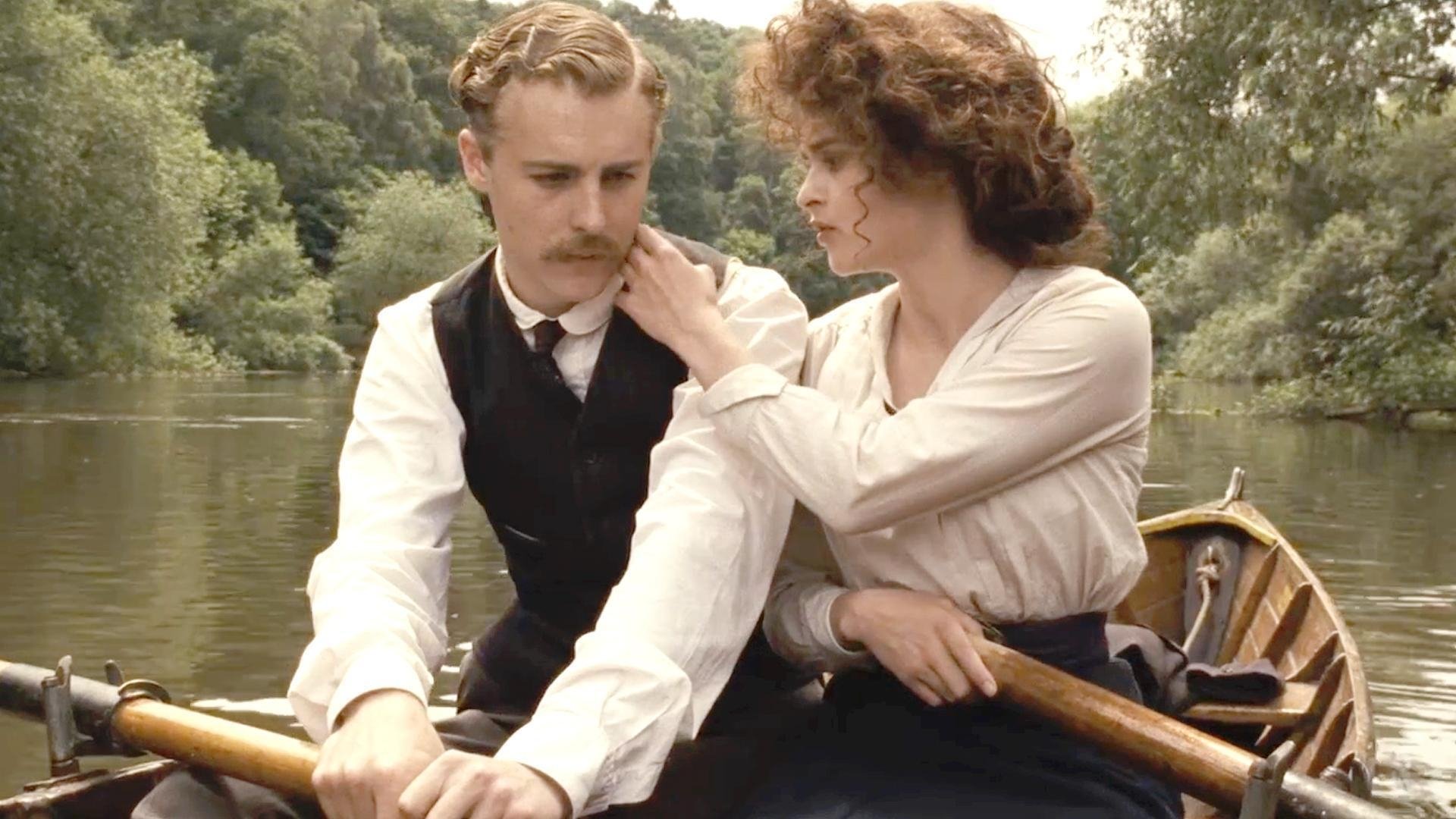I think this might be the pinnacle of the Merchant Ivory storytelling world (with thanks to E.M. Forster), as a strong ensemble cast assembles to tell a tale of Edwardian Britain that brings into stark focus a class system that is just beginning to show some cracks. "Wilcox" (Anthony Hopkins) is what I suppose you'd call nouveau riche. A millionaire industrialist who has acquired quite a few grand country properties from the increasingly impoverished aristocracy. When his first wife (Vanessa Redgrave) dies at the eponymous country cottage, she has apparently promised it to her friend "Margaret" (Emma Thompson) but the family choose to disregard the bequeathing letter and she is none the wiser. Meantime, her well meaning and quite fussy sister "Helen" (Helena Bonham-Carter) has become aware of the hard working clerk "Bast" (Samuel West) who is married, sympathetically but rather unlovingly, to "Jacky" (Nicola Duffett) and not without ambition. "Wilcox" is set upon remarrying, and it's "Margaret" who gets the nod. Thing is, though, can there ever be any chance of any real love between them, or indeed for any of them, as the family ghosts - past and present, come back to haunt them and poor "Bast"? It's a grand looking saga this, and it plays the politics of the day well as there are three initially distinct strata of society gradually intermingling, some more willingly than others, throughout the unfolding drama. I actually thought it was the engaging effort from Duffett that stole the show, but Redgrave also contributes well, if briefly, as the ailing "Mrs. Wilcox" and Samuel West also stands out, portraying his character as a decent man who is a fish-out-of water at the best of times, but even more adrift after entrusting himself and his affairs to "Helen". It's a characterful study of human nature that shows up hypocrisy and delivers kindness, showcases nicely all the artifice of the creative talent and is worth a watch.


